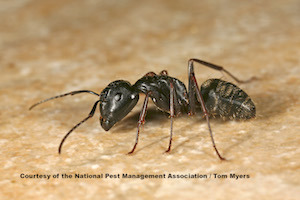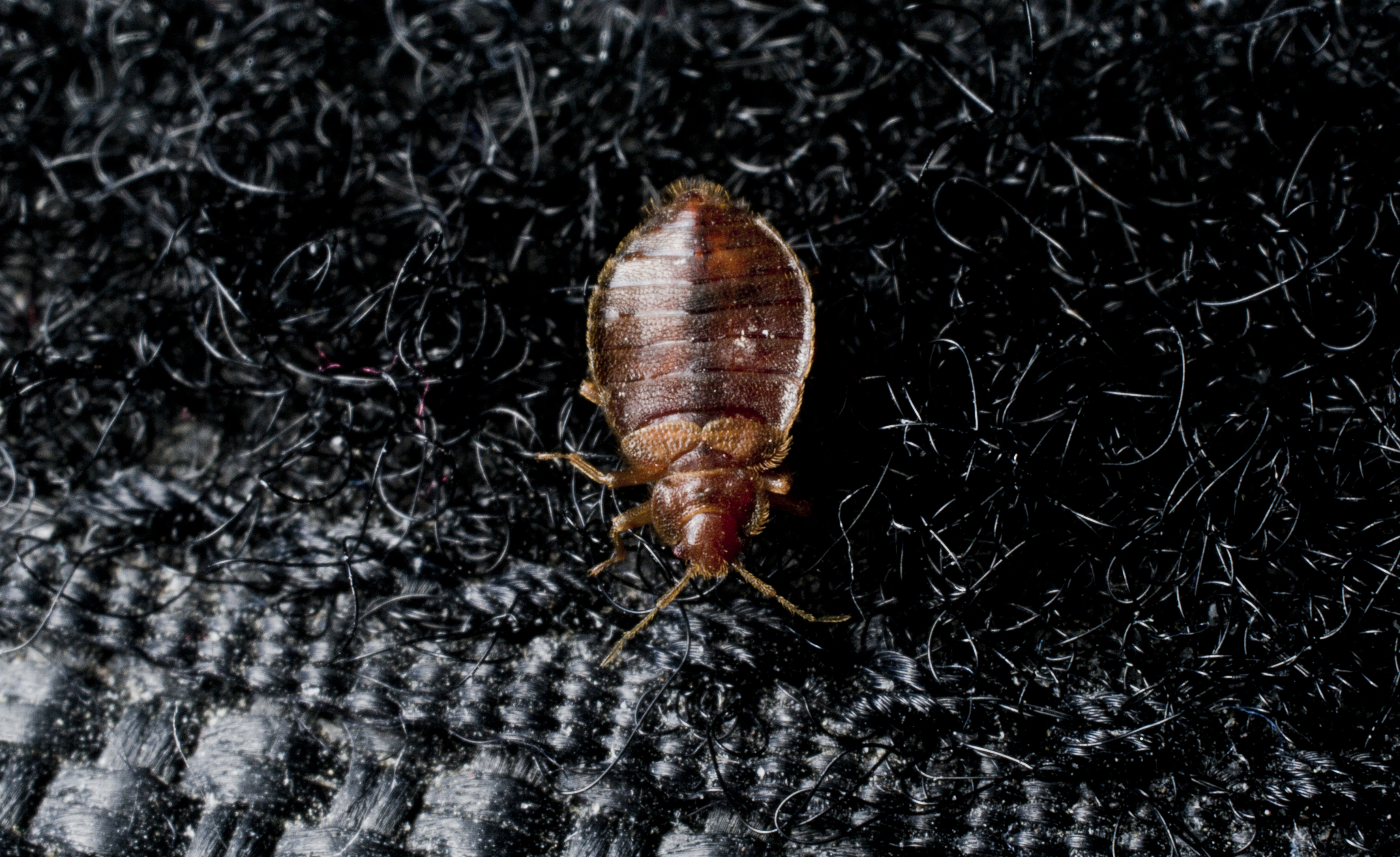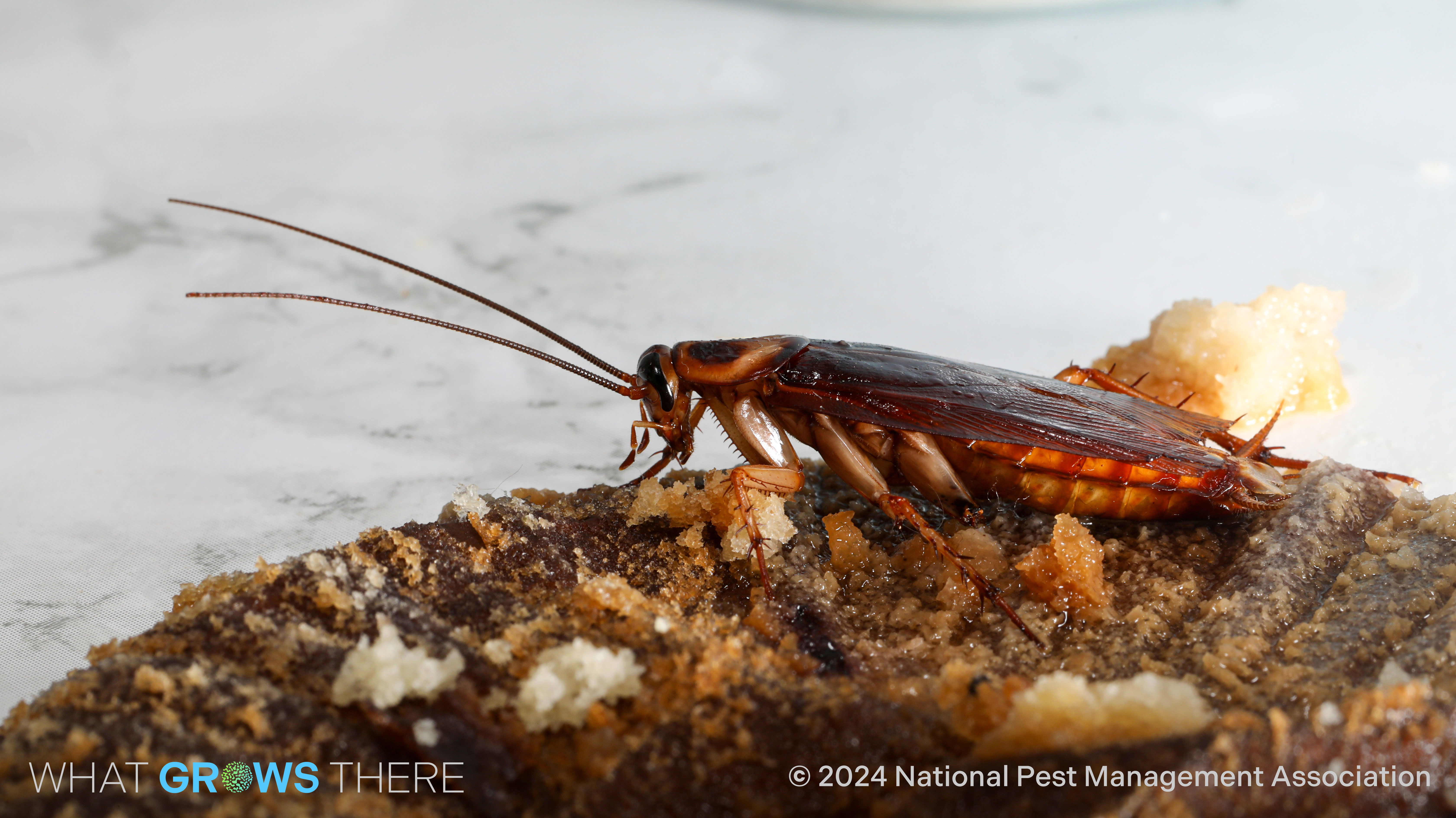Insect Bites & Stings
Biting and stinging insects pose some of the biggest threats to health and safety. Stinging insects send more than half a million people to the emergency room every year. Bed bugs, mosquitoes, fleas, fire ants and even some spiders can also leave behind painful and itchy red welts. Check out this guide to help you identify bug bites and the pests that cause them.
Some biting pests like ticks, fleas and mosquitoes are primarily active during the warmer months while others like bed bugs are active all year round. However, these pests become a greater concern during summer travel season. While some pests like spiders and fire ants bite out of self-defense, others like ticks and mosquitoes are biting to feed.
Symptoms:
For most Americans, bites and stings cause localized swelling, pain and itching. Three percent experience severe allergic reactions called anaphylaxis, including tongue and throat swelling, wheezing, dizziness, a life-threatening shortness of breath and drop in blood pressure.
Treatment:
Avoid scratching bites as it only increases histamine response. If stung, carefully remove the stinger as quickly as possible to limit the amount of venom injected. Wash bite and sting sites with warm water and soap. Apply a cold compress to constrict blood vessels and stop the venom from spreading. The best remedies are antihistamines and anti-inflammatories, and one percent hydrocortisone cream may also be used. However, seek prompt medical attention if you have a reaction to a sting or bite.
Prevention:
In order to keep biting and stinging pests away, follow these tips:
- Avoid wearing sweet-smelling perfumes and colognes outside
- Wear insect repellent containing at least 20 percent DEET
- Use clear plastic cups outside, as cans and bottles are good hiding spots for stinging insects
- Don't leave sweet-smelling food or drinks outside
- Be sure to clean up trash, crumbs and spills immediately
- Eliminate standing water which can serve as breeding grounds for mosquitoes
- Contact a licensed pest control professional if an infestation is suspected, and do not attempt to remove stinging insect nests or fire ant mounds on your own

Learn About Ants
Ants are a common pest homeowners struggle to eradicate. Learn more about them!

Bed Bug Pest Guide
Traveling for the holidays this year? Be sure to keep an eye out for bed bugs! Use our Pest Guide to help identify this pest.

NPMA's What Grows There? Project
Check out NPMA's What Grows There? project to learn how pests, such as flies, cockroaches and rodents, can spread germs throughout a home.
Find a PEST PRO in your area

Learn About Ants
Ants are a common pest homeowners struggle to eradicate. Learn more about them!

Bed Bug Pest Guide
Traveling for the holidays this year? Be sure to keep an eye out for bed bugs! Use our Pest Guide to help identify this pest.

NPMA's What Grows There? Project
Check out NPMA's What Grows There? project to learn how pests, such as flies, cockroaches and rodents, can spread germs throughout a home.
